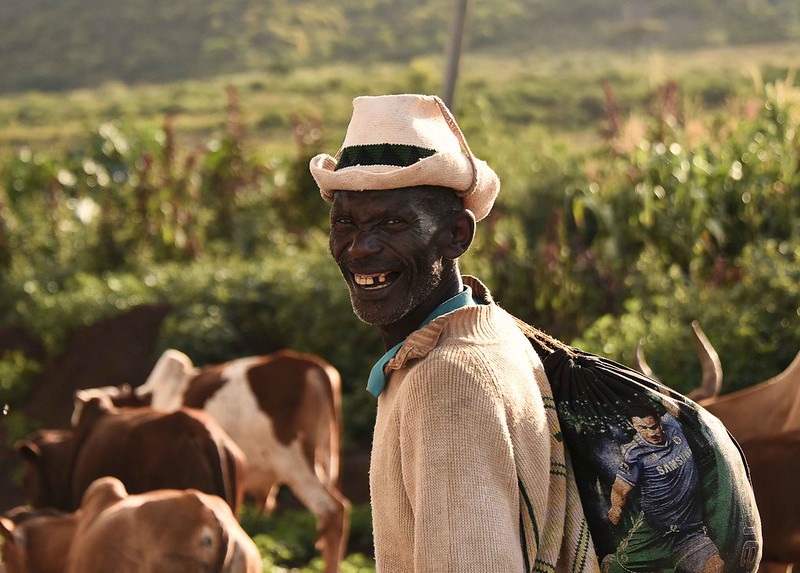TechnoServe and GENA: Improving Ethiopia’s Agricultural Exports
 Ethiopia, one of Africa’s fastest-growing non-oil economies, provides significant opportunities for inclusive growth. Agriculture employs 85% of the workforce and contributes more than 45% to the country’s GDP, making it a critical sector. However, many smallholder farmers struggle to access markets due to limited infrastructure. In response, organizations such as TechnoServe and GENA are working to help Ethiopian smallholder farmers integrate into more formal and sustainable agricultural markets.
Ethiopia, one of Africa’s fastest-growing non-oil economies, provides significant opportunities for inclusive growth. Agriculture employs 85% of the workforce and contributes more than 45% to the country’s GDP, making it a critical sector. However, many smallholder farmers struggle to access markets due to limited infrastructure. In response, organizations such as TechnoServe and GENA are working to help Ethiopian smallholder farmers integrate into more formal and sustainable agricultural markets.
TechServe’s Role in Supporting Smallholder Farmers
For over a decade, TechnoServe has collaborated with farmers and the Ethiopian government to develop competitive agricultural market systems. This work focuses on enhancing farmers’ productivity by providing training in improved agricultural practices and creating sustainable sourcing opportunities with GENA, an Ethiopian investment group. Together, they aim to advance Ethiopia’s economy.
The SERES Project
A significant example of this collaboration between TechnoServe and GENA is the Scaling Ethiopia’s Regenerative Export Sector (SERES) project, launched in 2021 by TechnoServe in partnership with the Norwegian Agency for Development Cooperation (NORAD). This project seeks to connect smallholder farmers with international markets and promote the production of sustainably grown crops such as fruits and herbs. SERES has enabled Ethiopian farmers to meet international quality standards.
GENA’s Partnership
GENA is an Ethiopian agribusiness focused on exporting agricultural products. As part of the SERES project, the organization received funding to establish a rosemary collection center and drying facility in central Ethiopia. This facility provides a direct link between small-scale farmers and the organization. This ensures consistent supply chains meet international standards. Farmers who supply rosemary to GENA benefit from guaranteed prices and timely payments.
Kadri Mohamed’s Story
A true success story to come out of this partnership is smallholder farmer Kadri Mohamed. TechnoServe reported that Kadri previously sold his rosemary crop to local traders. He faced long delays in receiving payments and would often receive prices lower than expected. Without guidance on sustainable farming, much of his crop would go to waste. The SERES project, in partnership with GENA, changed that. Kadri now sells his rosemary to GENA, receiving payments up to eight times higher than before and within just a few days. This allowed him to significantly increase his income from $190 to $350 annually, in turn improving his family’s life. With extra income, Kadri has been able to invest in his children’s education and secure his home with a lockable door, providing a safer environment for his family.
The Broader Impact
The success of the SERES project illustrates the broader potential for smallholder farmers in Ethiopia and across Africa by integrating smallholder farmers into formal market systems and providing them with the necessary training and infrastructure. Through partnerships with companies like GENA, smallholder farmers can potentially access stable and profitable markets while ensuring sustainable agricultural practices that benefit the environment.
– Ellisha Hicken
Ellisha is based in London, UK and focuses on Technology and Solutions for The Borgen Project.
Photo: Flickr
